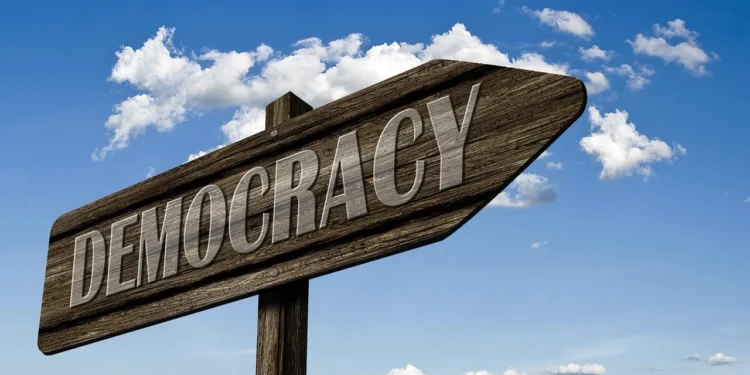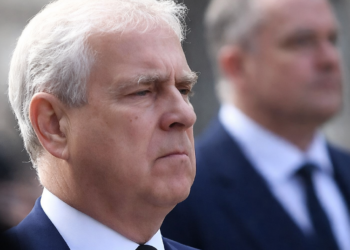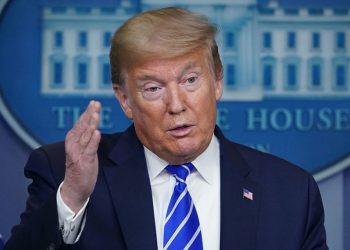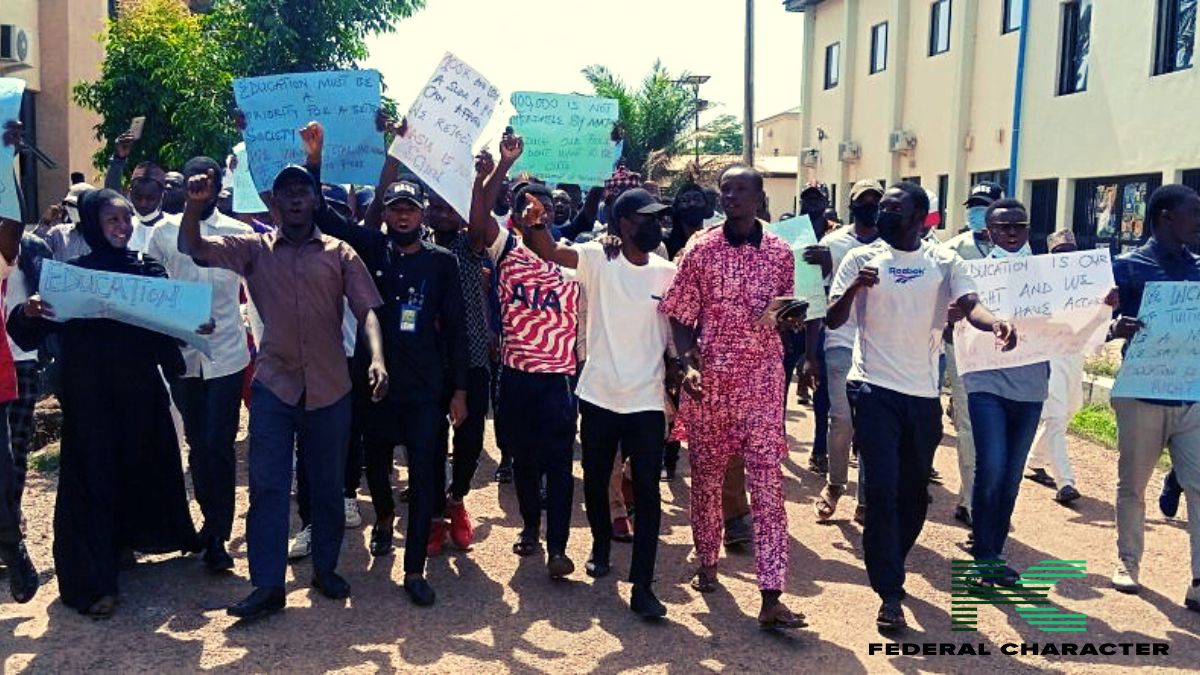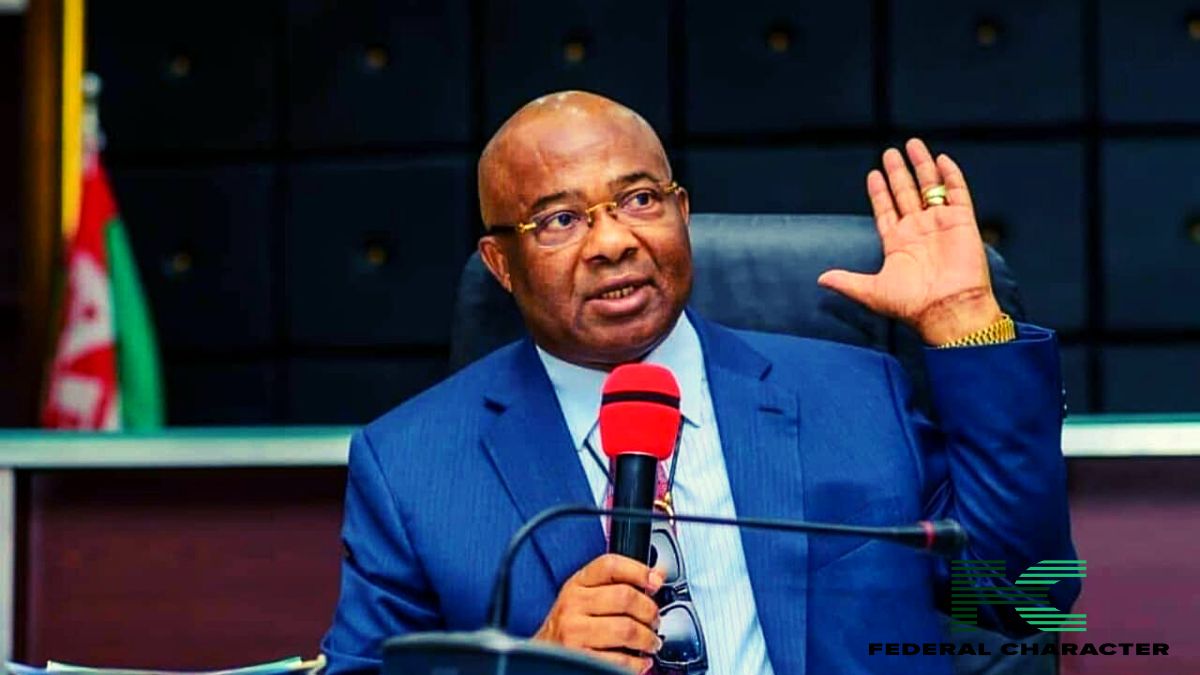Nigeria’s fledgling democracy is struggling to survive, choked by the heavy costs of running the government. The huge expenses of managing the country have become endless, swallowing up billions of Naira every year. This massive financial pressure mainly comes from the oil industry and the money the government earns from taxes, leaving ordinary people to suffer the most.
Previous governments tried to control these costs through changes, fixing leaks, and adjusting money policies. But the current government is doing things very differently—raising prices in a way that hurts people’s wallets. From getting a driver’s licence to an international passport, government services have become too expensive for many.
The decision to remove subsidies and let fuel prices be set by the market factors has shifted the focus from saving money to making more money. At the same time, the government keeps spending wildly, giving out big gifts to friends and not keeping a close eye on expenses.
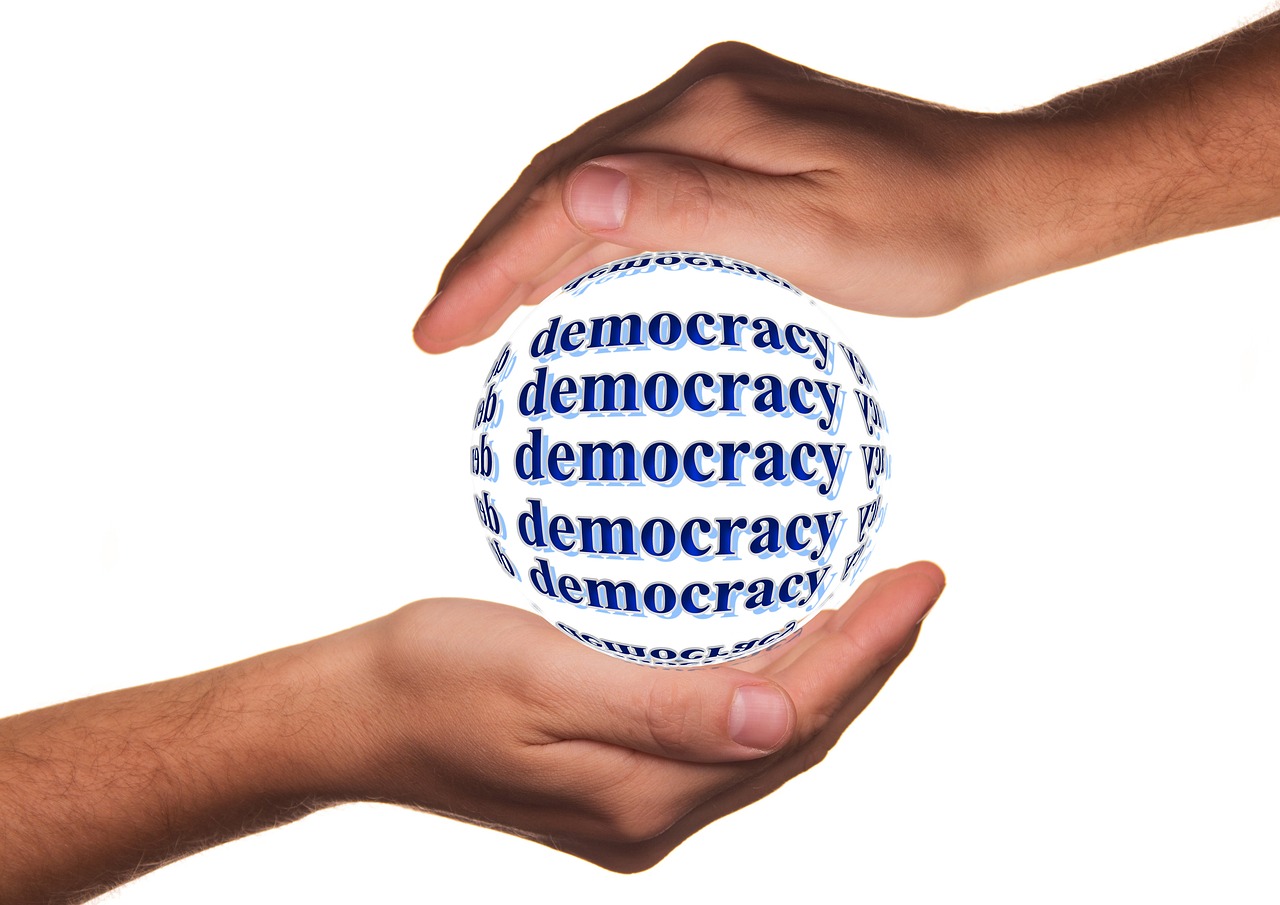
The impact on people is overwhelming. People have less money to spend, businesses are barely hanging on, and joblessness is at an alarming level. Prices are rising, making it harder for people to afford basic needs, leading to more poverty, crime, and despair. Those who are already struggling—the poor, the elderly, and those who are marginalised—are suffering the most.
For the first time, the informal sector, which used to be strong and resilient, is struggling. Efforts to include more people in the financial system and the middle class turning to informal ways of spending have made this traditionally unbanked part of the economy more vulnerable. Items like bread, small packets of water, housing, and land are becoming harder to afford.
Market women, who were once successful business owners, are now struggling to make ends meet. Young graduates, full of skills and ambition, are joining the growing number of unemployed. Families, who could once afford the basics of life, now face hunger and uncertainty. The stories of hardship are endless, a sad reminder of poor economic management.
The current financial system mainly helps a small group of wealthy people, while everyone else has to deal with the problems. Prices and the cost of living can’t keep going up forever. Nigeria is in a very uncertain situation, with its economic future at risk.
Will the government listen and focus on the people’s well-being, or will the high costs of running the government ruin Nigeria’s economy?

